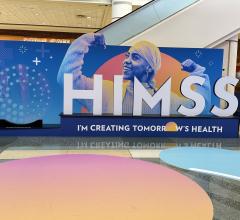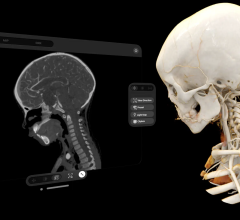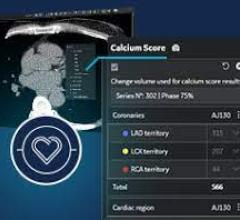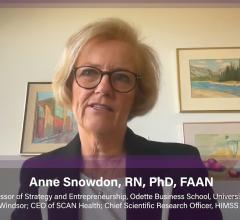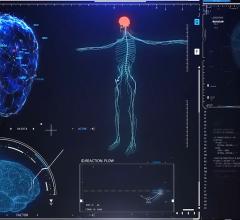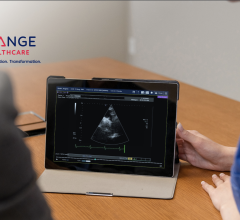
Image courtesy of Medicine Chiefs Inc.
February 19, 2016 — Doctablet is an online educational video resource that uses vibrant animation and simple analogous stories to decipher medical conditions. Created and developed by Jose Taveras, M.D., and Christopher Palmeiro, M.D., this easily accessible, comprehensive and entertaining educational platform can be accessed for free.
"I've found myself telling little simple stories to my patients to illustrate various heart conditions. They've really helped-I've seen people quit smoking and seen people become proactive in taking their medication," said Taveras. "The way to seriously impact patients, and reduce the need for procedures, is to change the way people live. You do that through taking the time to educate them in a way that makes sense to them."
In the medical profession, often the most crucial time to affect change in a person's life is after diagnosis. This is that time when a doctor can educate the patient on an ailment, provide insights into daily living with said condition and, hopefully, help break unhealthy patterns and transform a life beyond carrying out a standard medical procedure.
But medical schools concentrate more on technique and treatment than patient education. Furthermore, now, with the pressures of shrinking budgets as a direct result of health insurance regulations, doctors are forced to book more appointments to keep a profitable practice and, therefore, have less time for individualized care. Patients often leave their doctor visits without clear and direct crucial information. Doctablet was designed to address this.
Doctablet videos feature elegantly simple animation that harnesses various technology and techniques. The narratives are concise — around three minutes in length — and written by well-respected physicians. Each video uses playful and elemental metaphors to breakdown seemingly complex medical conditions. For example, in one video, a train ride is used to explain diabetes and the inner workings of the pancreas, and, in another video, the fuel line of an engine is used to elucidate heart disease.
"I'm a jokester and I love breaking things down in a novel way," said Palmeiro. "This method is not only more fun than, 'Here, read this pamphlet,' it keeps with educational practices of today. How do we learn? We go online."
A primary concern for Taveras and Palmeiro is that these videos be jargon-free. "We geared these stories toward people who have a low understanding of health. Not everyone went to medical school, and we don't want to leave anyone out," said Palmeiro. To that effect, the videos are all also available in Spanish.
For more information: www.doctablet.com


 December 23, 2025
December 23, 2025 
